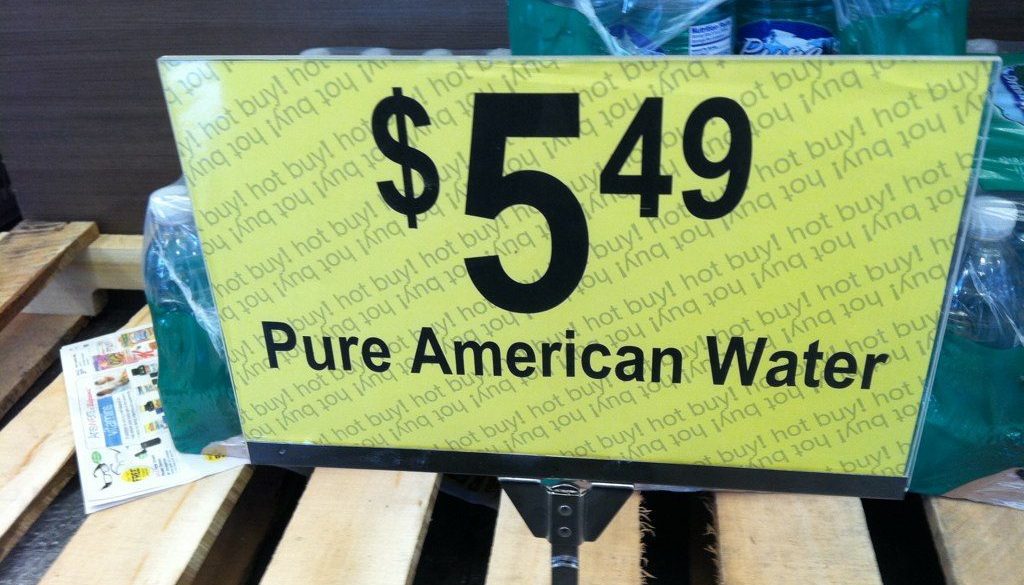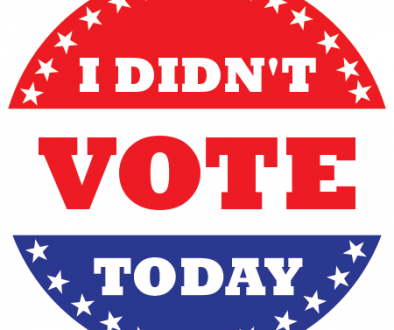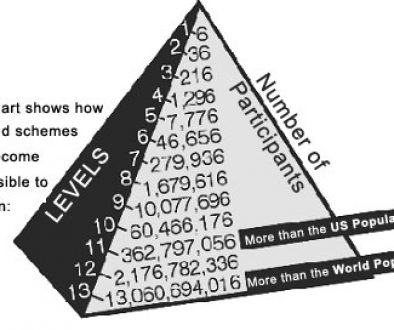We need more price gouging, not less

In the aftermath of natural disasters, essential supplies (ie water, food, fuel, generators) are often in low supply and can be hard to find.
Left alone, market forces of supply and demand quickly act to resolve such an issue: suppliers make special arrangements to get the supplies into the hands of buyers customers. Since natural disasters disrupt the normal infrastructure used to get products and services to customers, suppliers’ costs temporarily go up, and these costs are passed along to customers in the form of higher prices.
However, laws against “price gouging” stop suppliers from making these special accommodations to continue their flow of good to consumers, as they are prohibited from charging the prices necessary to cover their increased costs. Therefore suppliers choose not to make the effort, as doing so would result in deep losses.
So essentially what price gouging laws do is disincetivize businesses and individuals from responding to urgent needs brought on by disasters. Businesses are not to blame–if you owned at a local restaurant or store, would you expect your employees to continue providing services and place themselves in harm’s away without offering them any additional compensation? Probably not…after all, business owners have their own safety to worry about it, as well as the safety of their families and employees, and can not reasonably be expected to continue providing the same services and products without adding a price premium to make it worth their while.
If you support anti-price-gouging laws, you support preventing people from choosing to spend their money how they want on items they need. You’re taking away the one opportunity someone might have to get water, food or other critical supplies, and are offering them no other solutions. Where is the morality in that?




September 28, 2018 @ 8:52 pm
An additional benefits of “price gouging”: it ensures the best allocation of dollar resources. For example, when water is in high demand, if the price doesn’t go up, a single person could purchase way more than what they need, leaving no supplies for anyone else.
September 29, 2018 @ 4:07 am
Agreed. The last gallons of gasoline on earth may be priced at 2 million dollars a gallon. There will still be a supply of it, just not much demand at that point. With price gouging laws, the supply could be exhausted completely.
September 29, 2018 @ 4:16 am
This actually demonstrates the exact problem that ends up dooming socialism every time it’s been tried. The price signal of $2 Million/gallon places high incentive for suppliers, while at the same time making sure that buyers properly prioritize their expenditures. Centrally-planned economies fail in large part because of their lack of such critical price signals.
September 28, 2018 @ 8:57 pm
Imagine that two states are about to be hit by a natural disaster:
The governor of State A declares “We hereby suspend all anti-price-gouging laws, and welcome all businesses and individuals to bring as many resources and services to our states as they see fit, at whatever prices they see fit.”
The governor of State B declares “We will strictly enforce anti-gouging laws, and will severely penalize any business or individual who provides products or services at inflated prices.”
If you had to guess, which of the two states would fare better in the wake of the disaster? Would you prefer to have yourself and your family in State A or State B?
September 29, 2018 @ 3:58 am
Free market: Supply and demand.
Who would pay $100 for a case of water? Someone desperate for water. The demand is great enough for that person to make the purchase. How many people would pay that much? It depends on the supply and demand.
Who would pay $100 for 5 gallons of gasoline? Someone desperate for fuel. The demand is great enough for that person to make the purchase. How many people would pay that much? It depends on supply and demand.
A truly Free Market would allow supply and demand to regulate prices. If another vendor came into the same market as the examples above and offered water for $50 a case of water and $50 for 5 gallons of fuel, that vendor would probably sell more volume than the first vendor in the first two scenarios.
If there were no customers, and the vendors were desperate for sales, their prices would drop as competition forced each to offer more value.
In the scenario of $100 for 5 gallons of fuel: if word got out that people were paying $20 a gallon, people from surrounding areas would be monetarily incentivized to bring more fuel in to that area to sell it at that price. Subsequently, as the fuel supply flowed in from the surrounding areas, the demand would probably drop and so would the prices.
The real kicker here to expand your thoughts on the original topic, consider this scenario:
In the disaster land where a case of water cost $100 and 5 gallons of fuel cost $100, if two people exchanged a case of water for 5 gallons of fuel, would those individuals be price gouging each other? Or is it only price gouging when one person is trading green paper for valued physical assets/resources? Is it that the physical asset costs more? Or is it that the green paper is worth less?
September 29, 2018 @ 4:11 am
Very interesting question you posed: “Or is it only price gouging when one person is trading green paper for valued physical assets/resources? Is it that the physical asset costs more? Or is it that the green paper is worth less?”
The point about increasing supply and lowering prices is good too. In all cases, everyone is better off after these transactions take place. The suppliers continue to do what they’re efficient at doing, and consumers’ needs are met.
September 29, 2018 @ 4:37 am
“The suppliers continue to do what they’re efficient at doing, and consumers’ needs are met.”
This inspires another thought. I feel consumers have a tendency to overlook the cost of being a functioning supplier. Additionally, to survive, they must accept the risk of predicting the future supply and demand. Without suppliers, there could be no refined resources.
September 29, 2018 @ 4:48 am
Very much so. The market is a highly evolved and complex system based on countless individuals acting in their own self-interest, which yeilds optimal rationing of goods and services. To single out and second-guess or criticize suppliers demonstrates arrogance or ignorance.
Such is the case with healthcare. Millions of voters have demanded that employers be legally required to offer them healthcare. Really? On what grounds can the assertion be made that simply because an employer pays workers for their labor, the employer must also become involved in their health insurance?
Yet businesses are taken for granted, regardless of the fact that they are simply groups of individuals taking on risks to provide value to others.